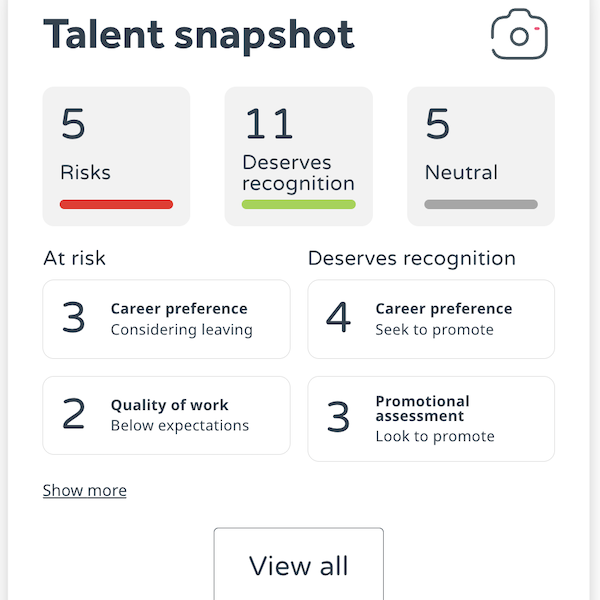
So how exactly would the HR department go about owning this area and making their employee engagement strategies change the lives of the staff? According to Oracle’s research, involving 1500 employees spread across Europe, it has to start with the workplace culture; unless the culture promotes learning and collaboration the idea is unlikely to get off the ground.
This puts business leaders squarely in the centre of the project because, as we heard at the Engage for Success conference last year, the whole engagement agenda is transformed when HR has a seat on the board. This is rare – almost all limited companies of any size have the finance director on the board, but under 40% acknowledge the importance of HR in the same way. So when a company says that it believes that its people are its greatest asset you can be fairly sure that in over 60% of cases that’s not entirely true…
This could not be more important – as Oracle’s report says, HR just has to develop employee engagement strategies and tools that we help employees “thrive in a multi-faceted, collaborative, and flexible working environment”. This is not just for their own health – it will also help the organisation survive in progressively more competitive markets. But it can only become a reality if there is a more proactive, personalized and collaborative approach to employee engagement strategies.
Employees definitely want this – most of the 1,500 sampled by Oracle said they would engage better if companies were proactive, took care of their individual needs and treated them as individuals. They also say they need recognition, a sense of how they actually contribute to the organisation, and the chance to work on the kind of projects they actually find exciting. Plus, they want the company to be more proactive in engaging with them, and they feel they need a more individual style of management style, with more regular discussions with their line managers.
So it seems that an ongoing conversation between the staff and the firm is one of the key employee engagement strategies, replacing the box-ticking annual review discussions which are actually a barrier to engagement.
This is a huge opportunity for technology to make everyone’s lives easier – and by no coincidence whatever, the WeThrive engagement software is ideally placed to do all these things. WeThrive enables employers to take charge, become proactive, personalise the approach, increase the amount and quality of interaction … all the things on the employees’ shopping lists in the Oracle research plus a number that are vital to human motivation but were outside the scope of the Oracle research. It’s also no coincidence that we intend to make Oracle the next software we do an API integration with, so that companies that use Oracle HCM can easily bring teams into WeThrive.
It’s too late to get ahead of the curve here, the trend is well-established and gathering momentum – within a very short time the companies that have learned to make this work will have a major advantage in terms of staff motivation, engagement, collaboration and retention. They will, we predict, also be experiencing lower sickness rates. So take part now – it’s easy and it will cost you nothing to get a grasp of how to do it. Just click here and let WeThrive show you the way.

